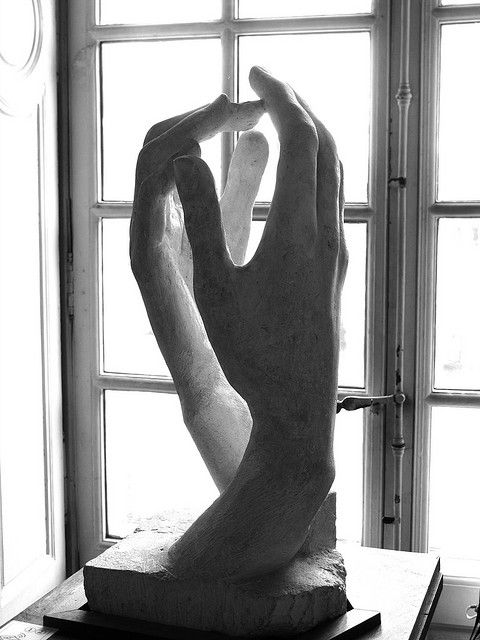“Effective mindfulness & meditation is not just about learning to hold particular states in a focused manner, equally importantly it is about the skill of making the transition from one state of mind to another smoothly and ergonomically”

Dear Integral Meditators,
This week’s article looks at making transitions in our consciousness as a practice in itself. There is a huge benefit in getting good at this if you take the time to!
In the Tuesday & Wednesday Meditation class this week we will be meditating on our ‘other & we space’; the capacity to see things from another persons point of view, and also become sensitive to the space that lies between people in couples & groups!
If you know anyone looking to get their meditation practice started, or if you want to get your own practice rebooted, then I recommend this Saturdays session:Get Your Meditation Practice Started Now – The Shortest and Most Time Effective Meditation Workshop Ever
And also this Saturday those of you interested in Mantra meditation & spiritual healing will enjoy the Medicine Buddha Healing meditation, 11am-12.15pm.
In the spirit of mindful transitioning,
Toby
Mindful transitioning
Effective mindfulness and meditation are not just about learning to hold particular states in a focused manner. It is also, and equally importantly about the skill of making the transition from one state of mind to another smoothly and ergonomically.
What is the best state of mind to be in?
During the day we do many different activities, each of these requires a different state of mindful attention. For example:
- The optimal state of attention when at dinner with our partner or date is very different from the state of being focused on work at our workstation. One is more functional and quantitative, the other more open and qualitative
- Being with children requires a different state of mind from being with adults
- Singular focus on one task is very different from being in a meeting and ‘reading the room’ with our awareness
So, during the day, in order to be mindfully effective, we need to be able to transition from one state or awareness to another appropriately. If we get stuck rigidly in different states, then we are going to struggle to bring our best to the different things we do, perform to our potential and enjoy each activity. It’s a little bit like martial arts or sports; the movement between shots or punches or single-moment activities is as important as the shots themselves!
The basic transition & practice
The basic transition that I like to teach in formal meditation is the one from field awareness to single-pointedness. It looks a bit like this:
- Field-awareness: For five minutes or so take the position of the observer in your field of awareness, and practice watching the totality of what you notice there. This is like moving a camera to the ‘wide-angle’ position of the lens, so that it takes in the whole of the landscape. Practice mindfulness around the ‘big picture’ in this way
- Then transition to single-pointedness, focus on one thing within your field of awareness in as singular a manner as possible. Obvious examples would be the breathing, or the weight of the body, or the sounds you hear. This is like closing the aperture of your camera lens so that it zooms on just one thing in the landscape of your mind. Practice building that singularity of focus, editing everything else out for five minutes, before transitioning back to field-awareness
If you meditate for twenty minutes, then you would practice transitioning three times, as well as enjoying the benefits of the actual states themselves. If you brought the time down to changing every two minutes then you would really get better quickly at the transitions.
Bringing this into daily life
During the day, I transition from field awareness to single-pointedness many times, and the feeling of doing so combines both personal enjoyment as well as a sense of the day running smoothly and effectively.
- This morning, I took my daughter to school on the bus. On the ride there I was practicing field awareness, keeping an eye on her and her friends, getting of at the right time etc..
- On the bus back by myself I zoomed into single-pointedness and did a few energy-mantras in a short five minute meditation, transitioning to a ‘just one thing’ state of mind, which was refreshing.
- At the beginning of the work day, I go into field awareness, looking at the totality of the day and all that needs to be done. Having assessed the order of the day, I then go into single-pointedness on the next task, in this case my weekly article, which I am twenty minutes into and now nearly finished!
To make my life a ‘working samadhi’ or life as meditation, I need to make the transitions described above smoothly, skilfully and appropriately. If I do that, then my life is literally mostly a meditation! When I arrive at my formal daily meditation and sit down, I’m already very close to meditation, so it’s easy and natural to drop into meditation from daily life. Trying the practice described above (field to single-pointedness) for a few minutes each day can really make a radical difference to your transitioning skill, I really recommend it.
Related reading: Integrating field-awareness & single pointedness
Working samadhi
Article & content © Toby Ouvry 2024, you are welcome to use or share this article, but please cite Toby as the source and include reference to his website www.tobyouvry.com
Follow Toby on: LinkedIn, YouTube, Instagram
Integral Meditation Asia
Online Courses * 1:1 Coaching * Books * Live Workshops * Corporate Mindfulness Training *Life-Coaching * Meditation Technology
